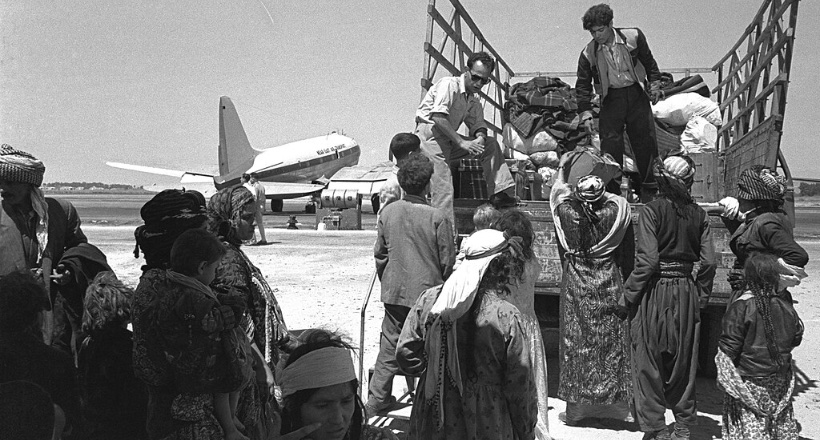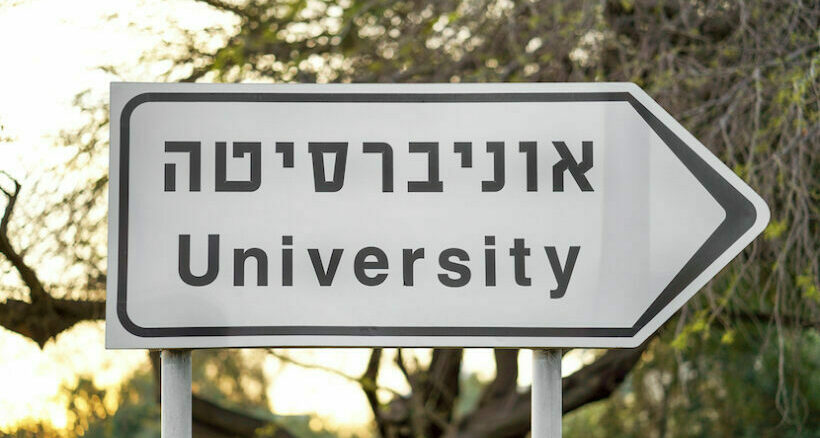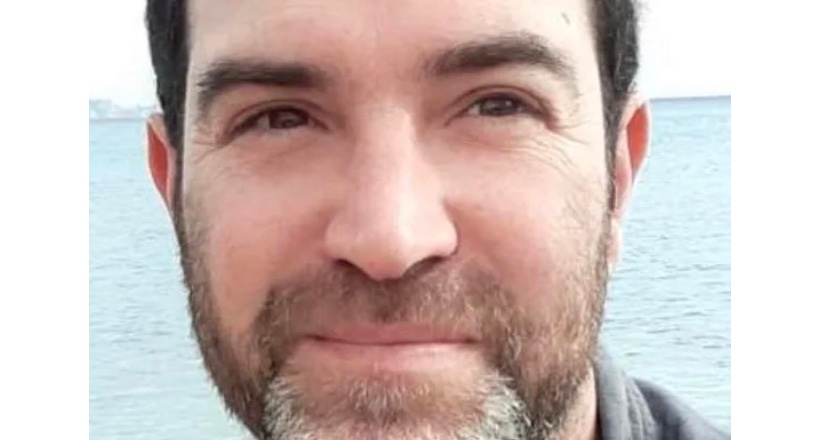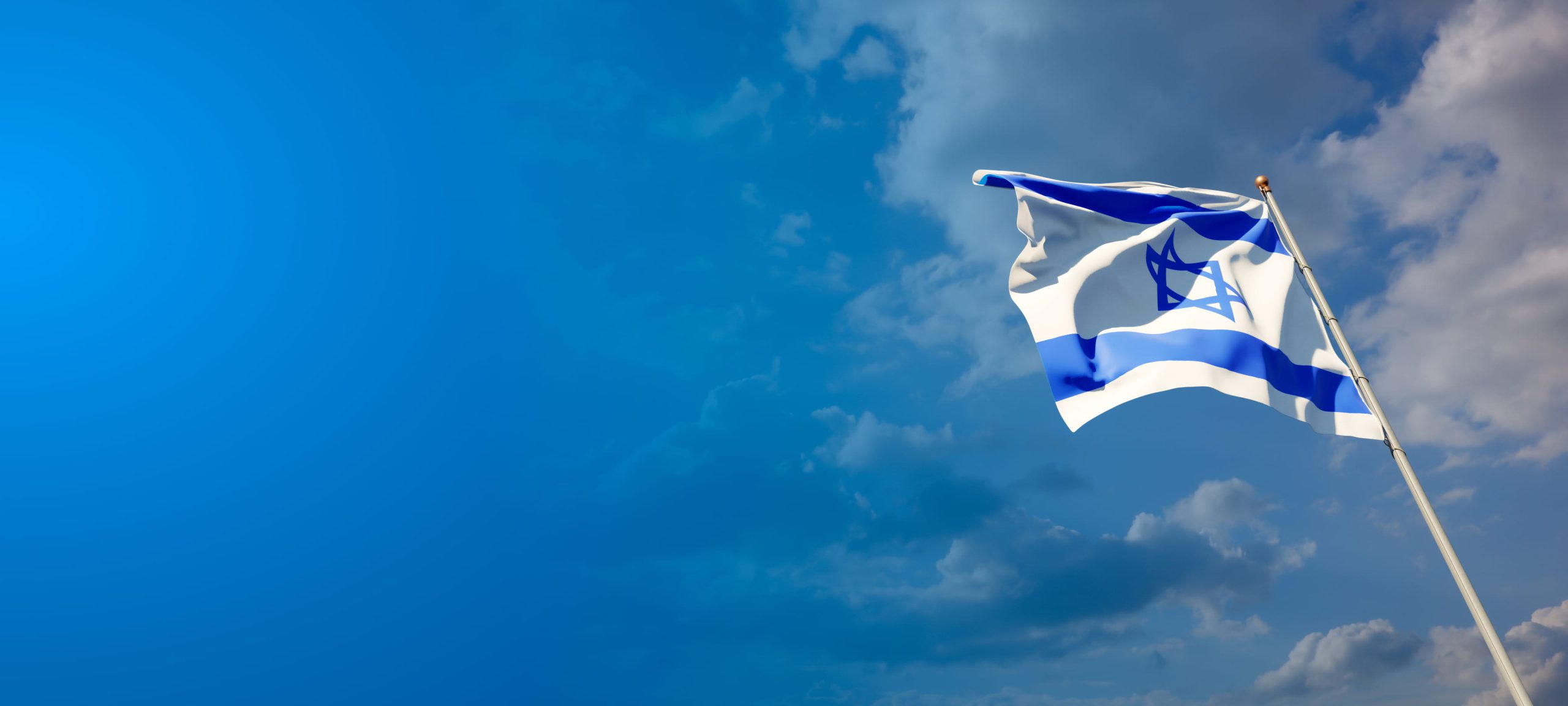UN Resolution No. 3379: Attack on Zionism and Lessons of History
The United Nations, established in 1945 to maintain peace and protect human rights, played a key role in the creation of the state of Israel. However, by the 1970s, this same organization became a platform for anti-Israeli propaganda and political pressure.
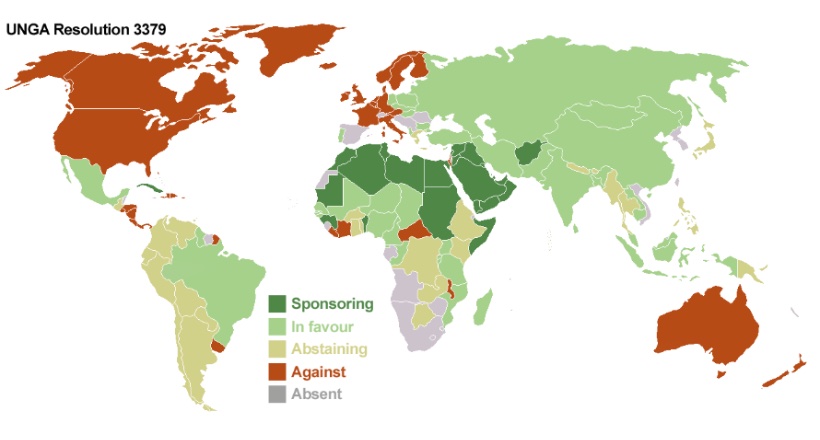
On November 10, 1975, the UN General Assembly adopted Resolution No. 3379, declaring Zionism a form of racism. The resolution was supported by 72 countries, opposed by 35, with 32 abstentions. This outcome reflected the alliance of three powerful forces: twenty Arab states, the Soviet bloc, and the dictatorial regimes of the “third world.” Together, they formed an unofficial coalition that could almost guarantee the adoption of any initiative that matched their political interests.
Although the resolution was advisory in nature and had no legal force, its symbolic significance was immense. Essentially, it denied the Jewish people the right to national self-determination on their historical land. Moreover, it provided an ideological cover for anti-Semitism, allowing Jew-haters to disguise their views behind slogans of “fighting Zionism.”
The international community’s reaction was swift. The US Ambassador to the UN, Daniel Patrick Moynihan, sharply condemned the resolution:
“The United States tells the UN General Assembly and the whole world that it does not recognize, will not abide by, and will never acquiesce to this shameful act… The lie is that Zionism is a form of racism. The truth is that it is not.”
But it was the speech by the Israeli representative, Chaim Herzog, that became a historic moment. His speech, full of anger and dignity, resonated with the tragic memory of the Holocaust:
“Hitler would have felt at home here. This resolution is based on hatred, lies, and arrogance. It lacks any moral or legal value. For Jews, it is nothing more than a piece of paper, and we will treat it as such.”
With these words, Herzog demonstratively tore up the text of the resolution, underscoring its worthlessness to the Jewish people. This gesture became a powerful symbol of resistance against injustice and hypocrisy.
Resolution No. 3379 remained in effect until 1991, when it was finally repealed. However, its lessons today have gained particular relevance in the context of the UN leadership’s stance on the events of October 7. Once again, international institutions, instead of protecting human rights and supporting the fundamental principles of justice, have become arenas for political manipulation and moral relativism. The history of Resolution No. 3379 reminds us that forgetting basic principles threatens not only individual states but also the trust in international law itself.


